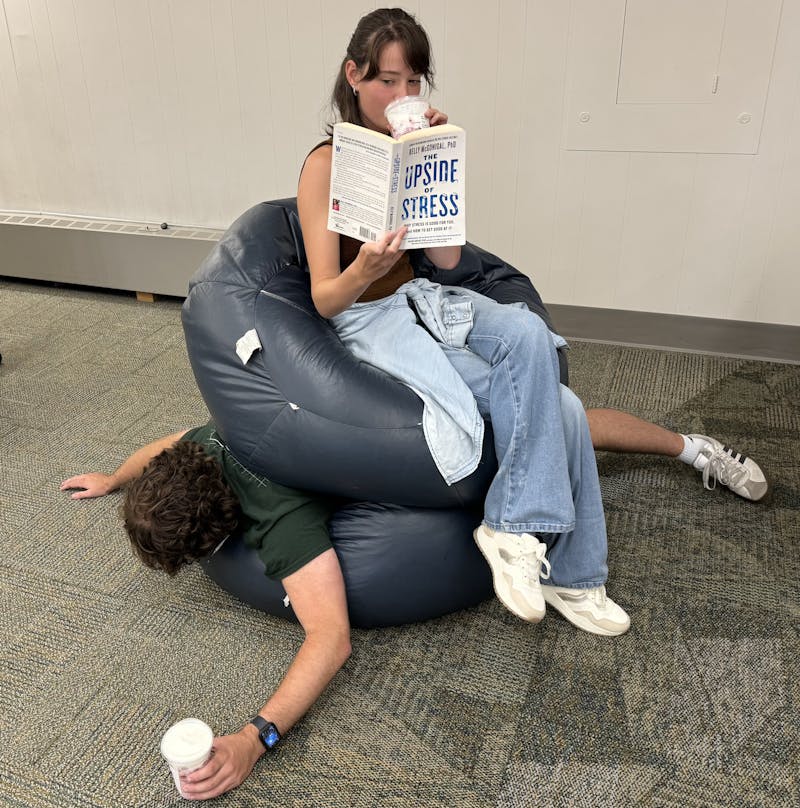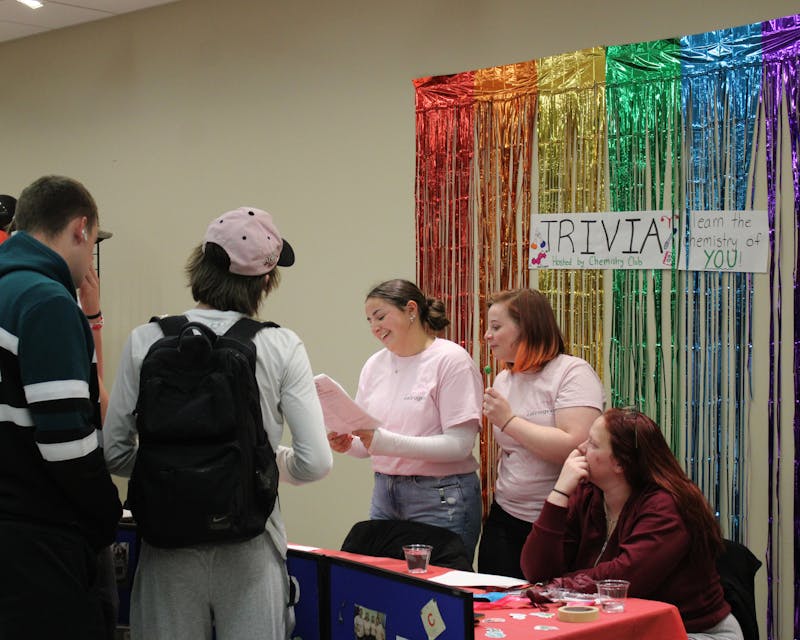College is a time to find yourself, get good grades, have a little bit of fun and even find a romance that can turn into something more.
Relationships can be great, especially if you find someone on campus who lives near your hometown or in the general vicinity.
Although having a relationship in college may be fun, it can have its ups and downs. But there’s a fine line between healthy arguments and an unhealthy relationship. Relationships can take a turn for the worse and sometimes the signs go unnoticed until it becomes too late.
It can be very hard to spot violence in relationships, especially for college kids, according to loveisrespect.org.
Fifty-seven percent of college students say it’s difficult to identify the abuse in a relationship, and it’s equally difficult to know how to help the victim.
Relationship violence can stem from simply telling you what to do in a forceful manner, having mood swings, making false accusations, increasing jealousy or having an explosive temper, according to loveisrespect.org. Knowing the signs can influence decisions on whether or not the victim wants to continue to stay in a relationship that has signs of being unhealthy.
Girls and young women between the ages of 16 and 24 experience the highest rate of intimate partner violence, according to loveisrespect.org. Among female victims of intimate partner violence, 94 percent of those ages 16 to 19 and 70 percent of those ages 20 to 24 were victimized by a current or former boyfriend or girlfriend.
Relationship violence not only affects women, but also men, according to safehorizon.org.
One in seven men will experience severe physical violence by an intimate partner in their lifetime.
Sometimes relationship violence can extend outside the relationship and start affecting friends and family of the victim.
The person who is inflicting the violence can isolate the individual away from his or her friends and family and manipulate the victims to think they are all they need.
Ways you can help a victim of abuse, or if you find yourself in an abusive relationship, is to tell a person you trust –– a professor, campus ministry or a mentor. It is never OK to be a bystander. Whether you want to get involved, not helping could influence the safety of another individual’s life.
You can also contact the Shippensburg University Women’s Center located in Horton Hall. Campus police can also assist with any accounts of relationship violence.
The Women’s Center can be contacted at (717) 477 – 1790 and the campus police can be contacted at (717) 477 – 1444.
The opinions expressed in this article are solely those of the writer and are not representative of The Slate or its staff as a whole.



The Slate welcomes thoughtful discussion on all of our stories, but please keep comments civil and on-topic. Read our full guidelines here.